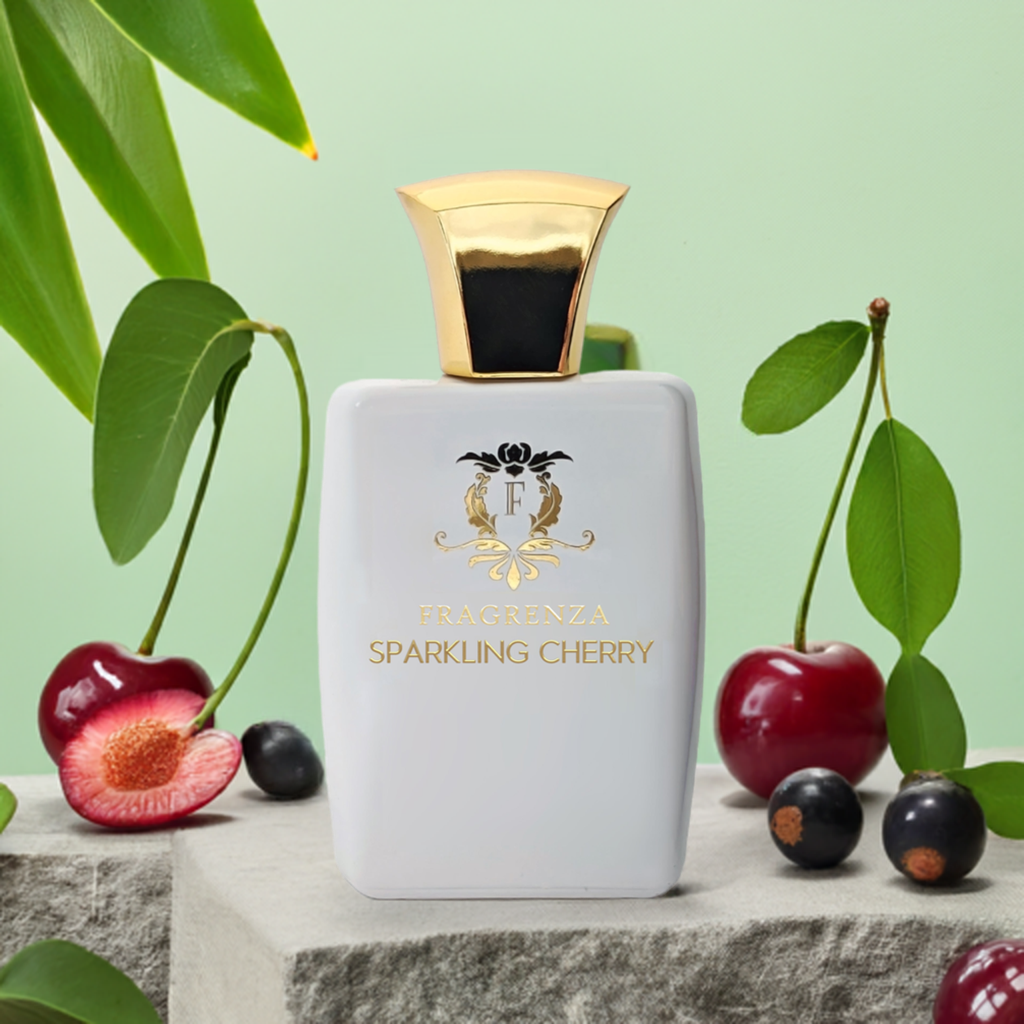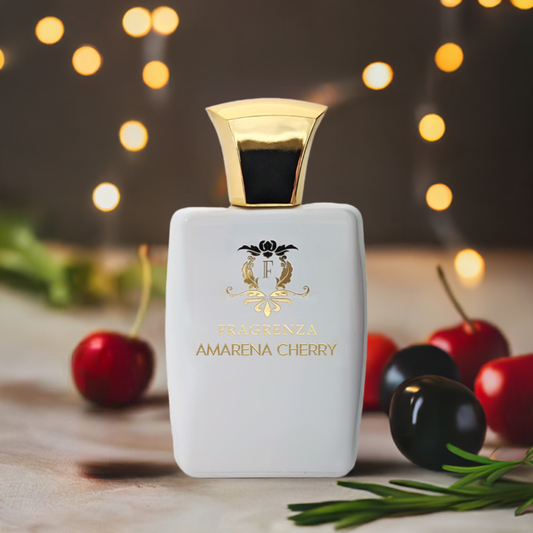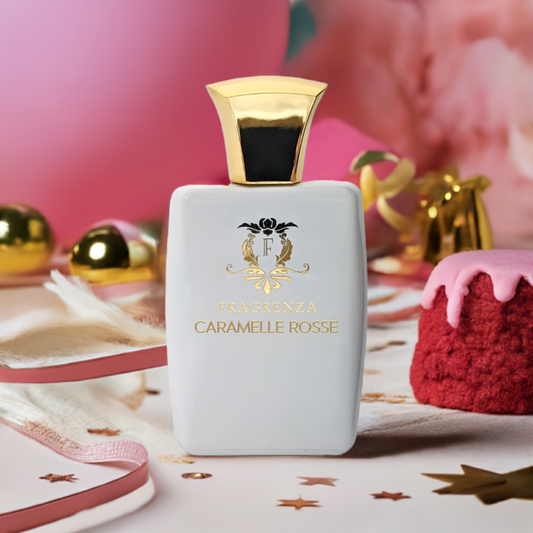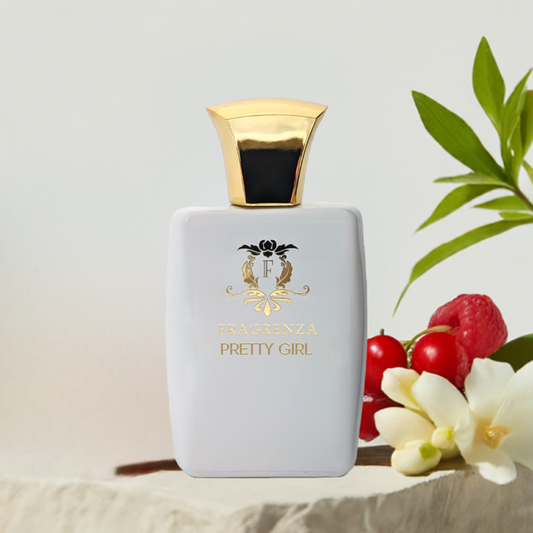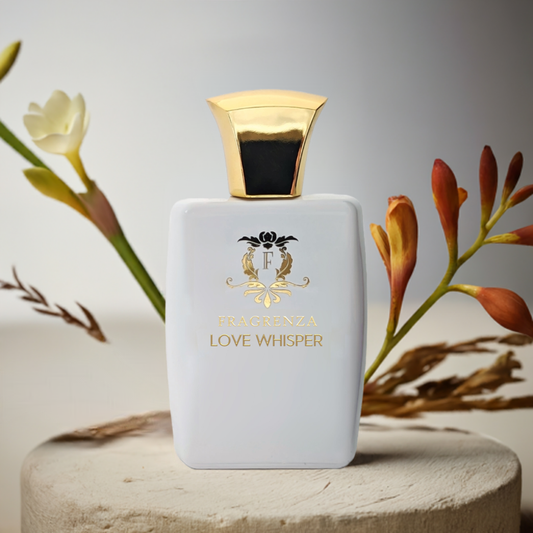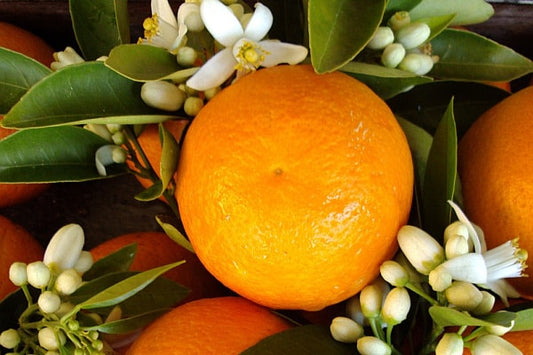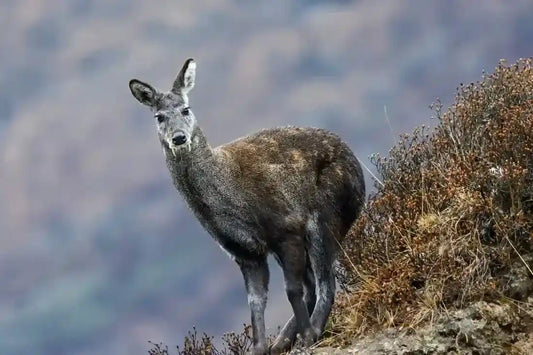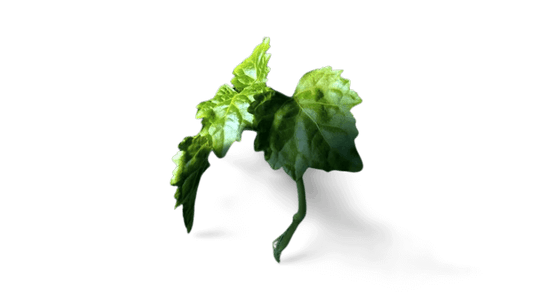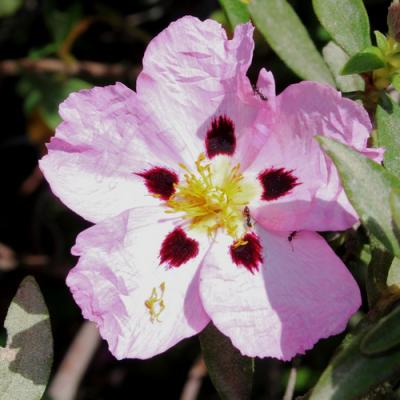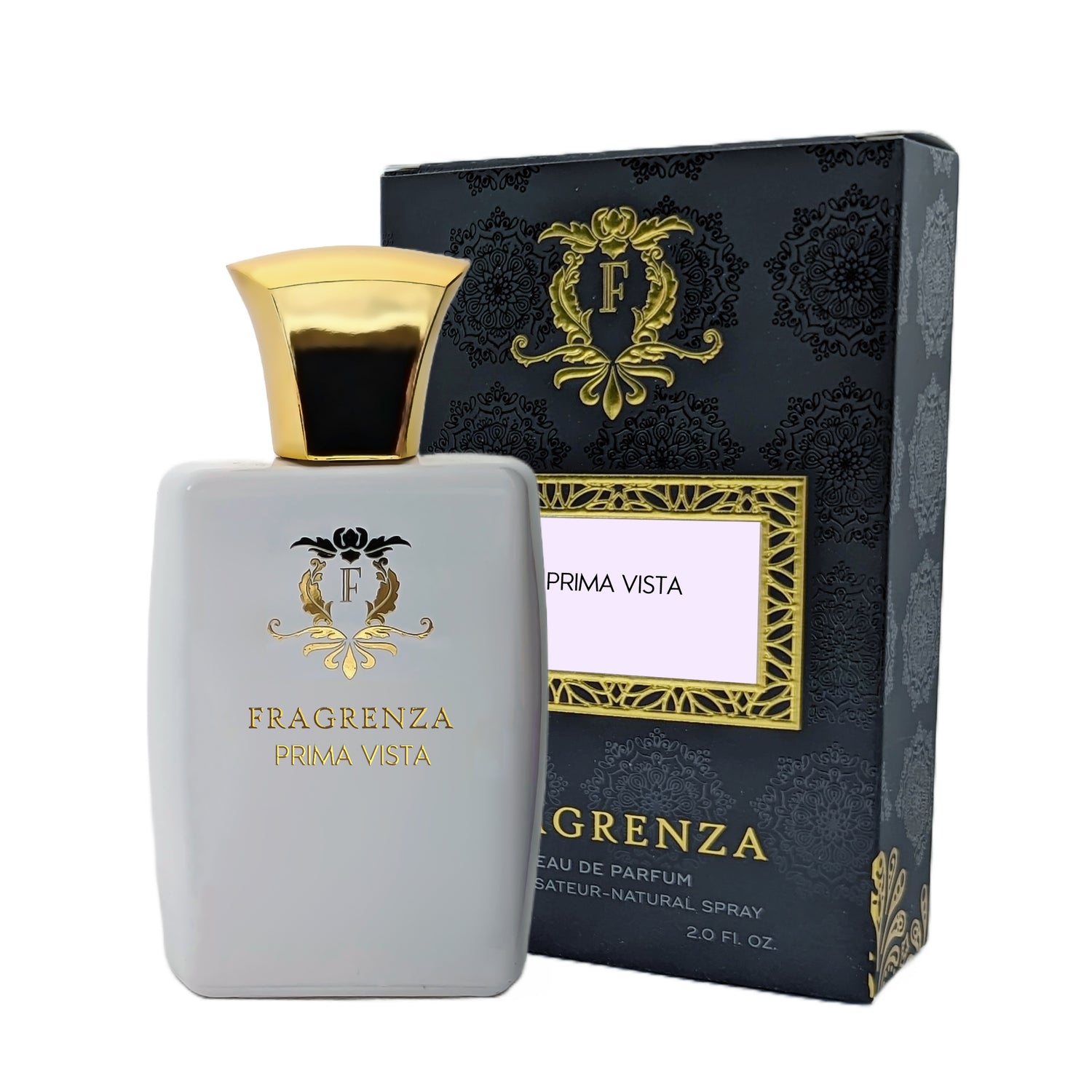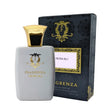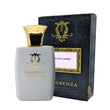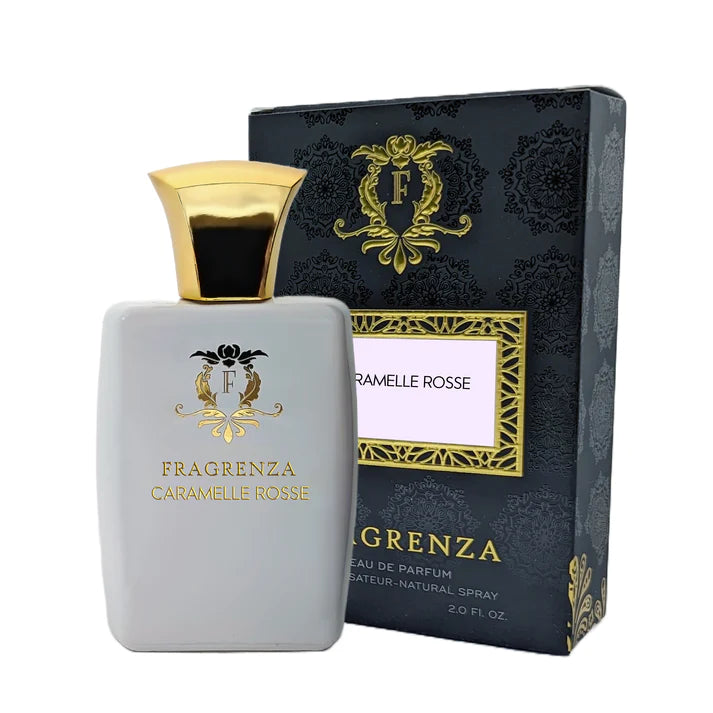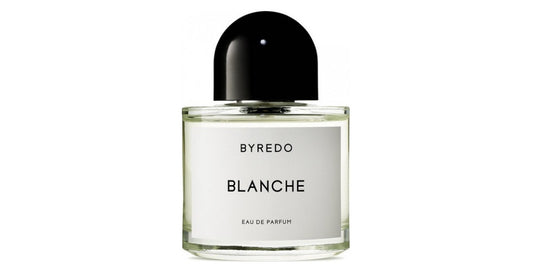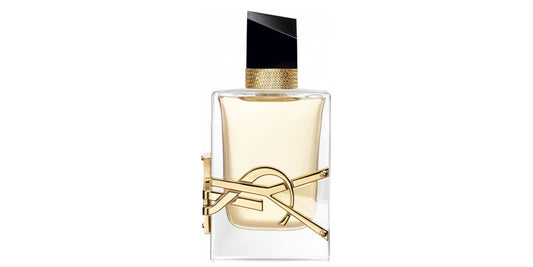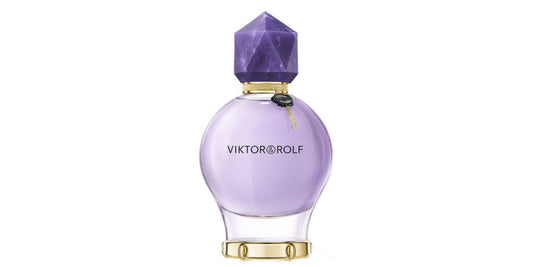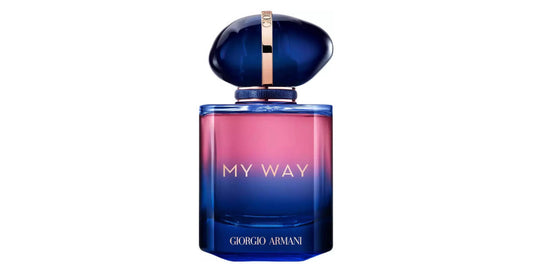Mate in perfumery
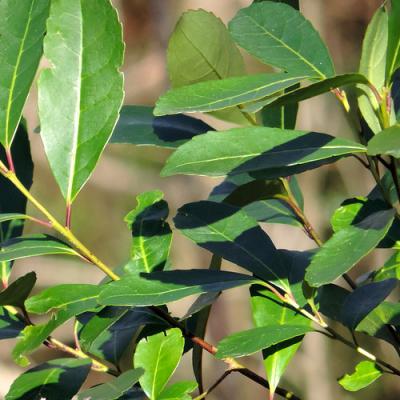
In This Article
Exploring Mate: A Fragrant Tradition from South America
Mate, a popular drink in southern Latin America, is much like coffee or tea in Asia and England. Introduced to Europe in the 16th century—a time of significant discoveries that shaped modern perfumery—mate is an infusion made from the Yerba Maté plant, commonly found in Paraguay and Uruguay. South Americans appreciate mate for its vitamins, minerals, appetite-stabilizing properties, and antioxidants. Containing caffeine, mate combats physical and intellectual fatigue and enhances cognitive performance, though it can also be habit-forming. The name "mate" originates from the Quechua word "mathi," referring to the traditional calabash container used for drinking mate.
Mate's Presence in Perfumery
In perfumery, mate is extracted using alcohol, producing a scent reminiscent of its dried leaves—similar to tea. However, mate cultivation can cause significant damage to humid forests. Consequently, pilot projects are underway to develop more sustainable production methods that minimize harm to Paraguay and Uruguay's local fauna. Mate may soon become part of a fair trade system as South American companies focus on sustainable development and cultivation.
Mate's fragrance profile is herbaceous, evoking a blend of hay, tobacco, and tea. Depending on the formulation, mate can either be featured in top notes alongside fresh citrus fruits or as a base note accompanying enveloping ingredients such as vanilla, sandalwood, or benzoin. While still relatively uncommon in European perfumery, mate can be found in some renowned perfumes, including La Treizième Heure by Cartier, Love Chloé L'Eau Florale de Chloé, Majestic Rose by Yves Saint-Laurent, and Nina Fantasy by Nina Ricci.
In conclusion, mate's unique and captivating scent profile makes it an exciting addition to the world of perfumery. As sustainable cultivation methods are explored, mate has the potential to become even more popular in the fragrance industry, offering new and intriguing scent experiences for perfume enthusiasts.
Mate: A Versatile Ingredient for Perfume Creations
Mate's fascinating scent profile, rich in herbaceous and earthy tones, lends itself to various perfume compositions. Its versatility makes it a valuable ingredient for both niche and mainstream perfumery, as it can seamlessly blend with other notes, creating intriguing and captivating fragrances.
Unisex and Androgynous Scents
As a unisex ingredient, mate can be effortlessly incorporated into androgynous scents, where it adds depth and character to the fragrance. Its unique aroma appeals to a wide audience, transcending traditional gender boundaries in perfumery.
Layering Possibilities
Mate's ability to harmonize with various scent categories, such as citrus, floral, and woody notes, makes it a perfect candidate for layering. By mixing and matching different perfumes containing mate, fragrance enthusiasts can create personalized scents that reflect their individual style and preferences.
Future Trends in Perfumery
As the perfume industry evolves, the demand for unique and sustainable ingredients is on the rise. Mate's growing popularity, coupled with ongoing efforts to develop environmentally friendly cultivation methods, positions it as a promising contender in the world of fragrances. In the coming years, we can expect to see more perfume houses incorporating mate into their creations, exploring its full potential and offering consumers a wider array of scent experiences.
Ultimately, mate's distinct aroma, versatility, and sustainable potential make it an exciting and promising ingredient in the world of perfumery. As more fragrance houses explore its captivating scent, mate is poised to become an increasingly popular choice for those seeking intriguing and unique olfactory experiences.
